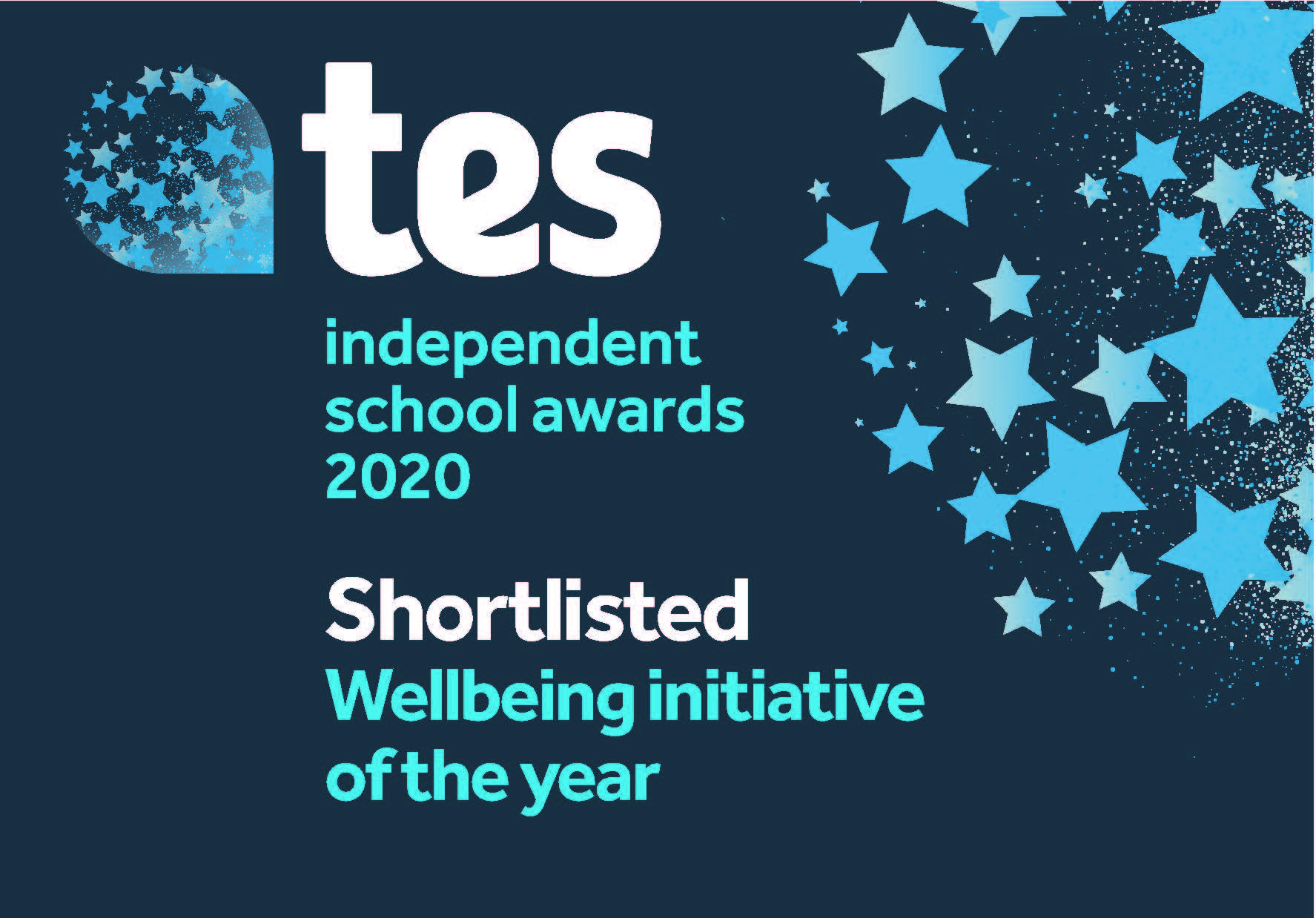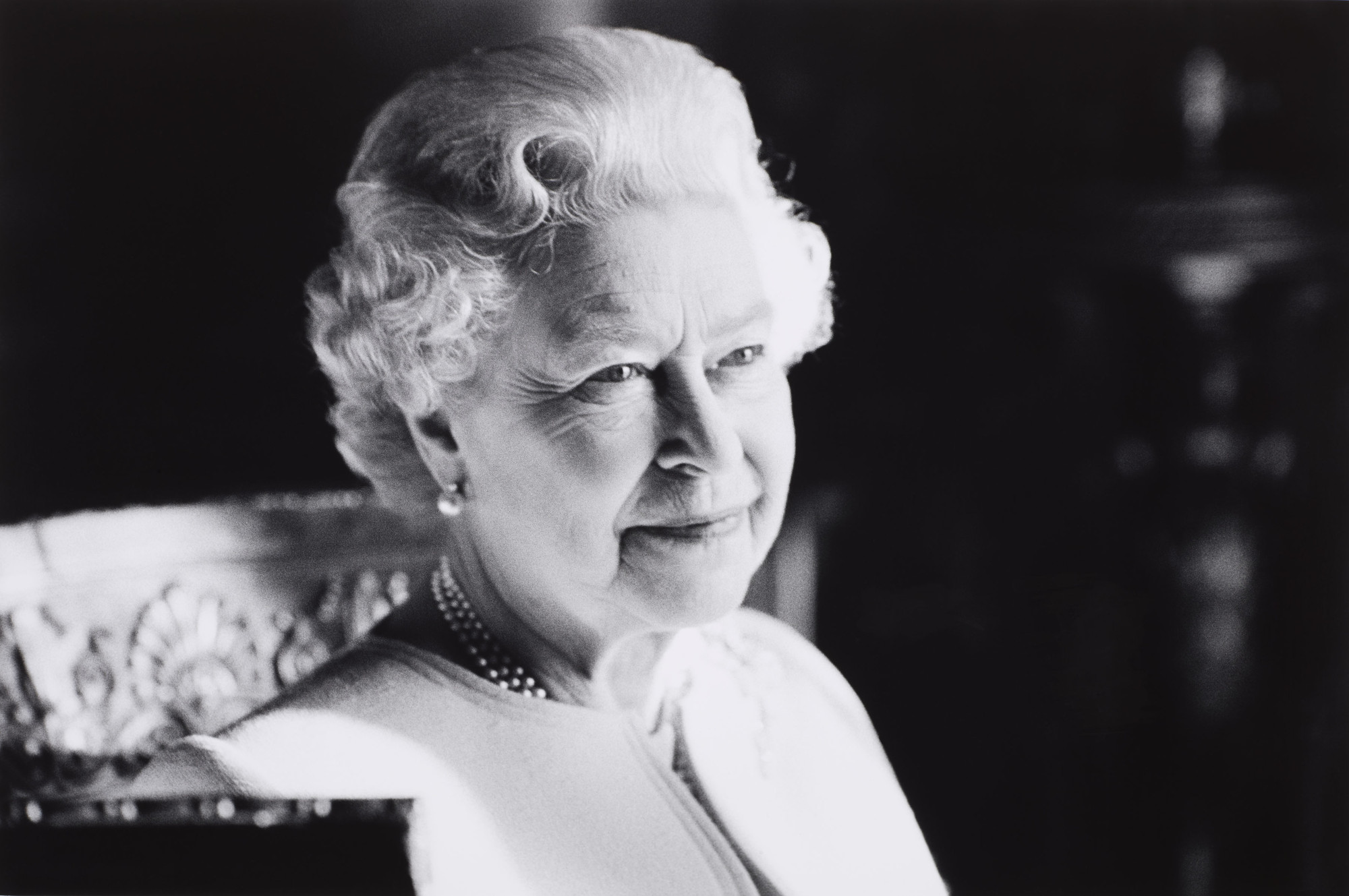“Overall, I think the most important thing is to enjoy your topic.”
Meet Nida
YEAR 12 STUDENT – 2022/23
Nida B joined the BGS Sixth Form in September 2022 “due to the school’s incredibly appealing academic achievements and co-curricular opportunities on offer.” She is studying A Level Maths, Politics and History, the latter being her chosen subject for university. Nida has also recently completed the Extended Project Qualification (EPQ) and is keen to share its benefits with other prospective EPQ students. This is what she said:

What is the EPQ and why should people take it?
In essence, the EPQ is a 6,000-word dissertation about an independently researched topic of choice. It is much more than merely word counts and academic writing though. It is an opportunity to go beyond the curriculum and study a topic of your own choosing. An EPQ is also an invaluable opportunity to learn about yourself as a student. It enables you to really consider whether your interest in a subject area is sustainable and strong enough for you to pursue it further at university, etc. An EPQ is also helpful to establish a routine for how to carry out research, which is a learning opportunity. Consequently, I also used this personalised routine for a research competition I’ve participated in since. I think the most appealing factor of taking an EPQ is that you gain many tangible skills, such as critical thinking and improved communication skills, something which enriches your entire academic journey, for example, in my A Level History. Another unique benefit of taking an EPQ is that many universities may lower their entrance requirements as a means of recognising and appreciating these extra skills.
What was your EPQ about?
After much consideration, I chose to investigate the following question: ‘To what extent did the protests of the youth impact the civil rights movement in the USA in the 20th century?’. I chose this, although rather spontaneously, because the civil rights movement is something I’ve always been interested in.
What exactly did you have to do?
My EPQ started in September 2022 and ended in Spring 2023. The first assessed piece of written work I submitted was the Project Proposal Form (PPF) in which I outlined and justified my plans. Another key element of the EPQ was the activity log which had to be consistently written in throughout the EPQ journey, although, at times, this was a slight challenge to keep up with. In the end, I really enjoyed writing the log as it was a useful means of reflecting on my progress on the other written components (introduction, literature review, main body, conclusion, references, evaluation and abstract, the latter not being included in the 6,000-word limit). I analysed lots of academic journal articles and books. Organising and referencing these was a bit difficult at first; but it quicky became second nature. The final part of the EPQ is the presentation which is performed in front of an audience including family and friends, as well as the assessors. To my surprise, although I was very nervous, the presentation was the most fun part of the entire EPQ. As the evening commenced, and I presented my findings to various groups of people, my nervousness was replaced with calmness, and I enjoyed talking about my work, including to family and friends.
How did it feel to lead your own project?
Leading my own project was a unique and valuable experience. As well as developing my own critical thinking and problem-solving skills, I strengthened my sense of self-responsibility, whether this was through using my study periods productively or implementing my tutor’s advice. However, the idea that you must do everything yourself when doing an EPQ is a slight exaggeration, help is always on hand. Throughout the EPQ I had regular 1-1 meetings with my EPQ tutors enabling me to control my own timetable and test my ability to stick to deadlines. As well as these meetings, teachers provided a lot of support through resources, whether it be a hard copy of an academic phrase bank or pre-recorded guidance on referencing. Teachers were always there to help.
What piece of advice would you give to someone thinking about taking an EPQ?
Do not overcomplicate things. I think the key difference between getting an exceptional grade or not comes down to listening to your teacher’s advice and implementing it. This can only be effectively done if you communicate your worries clearly, so don’t be afraid to admit your weaknesses or request help when needed. Another thing is to leave sufficient time at the end to edit your work properly – so don’t procrastinate at the start. Overall, I think the most important thing is to enjoy your topic.
“Leading my own project was a unique and valuable experience. As well as developing my own critical thinking and problem-solving skills, I strengthened my sense of self-responsibility…”






Be Social!